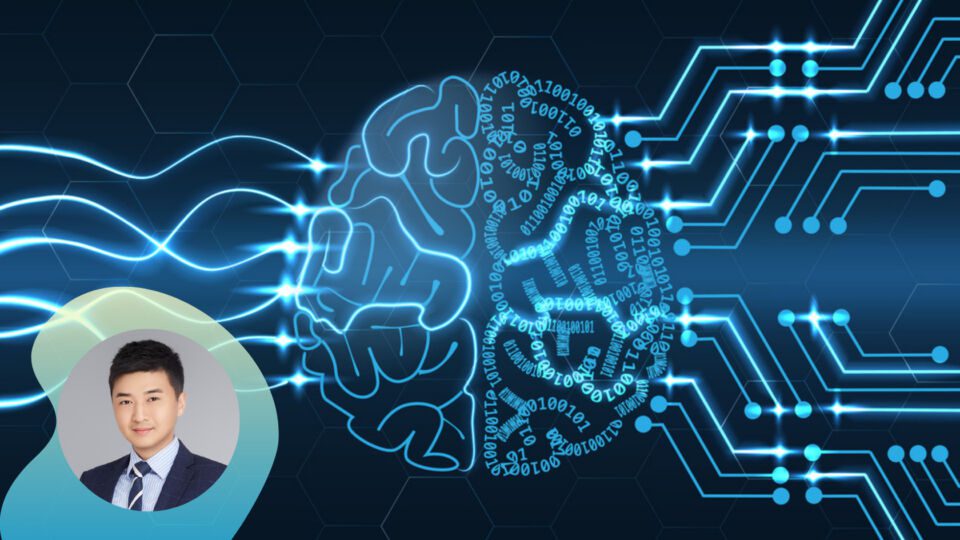Decades ago, a cashierless store would be a ridiculous idea, but artificial intelligence (AI) has made it a reasonable reality for any brick-and-mortar retail outlet that relies on in-store customers and sales. In the last several years, innovation in AI and machine learning has led to advancements within the retail industry, mainly the evolution of the un-clerked sales space and the optimization of store experiences for customers. AI-based retail stores leverage the same sales and upsell potential of an online store, but allow brick-and-mortar stores to reduce staff overhead, improve sales efficiency of products and eliminate expenses related to poorly performing products.
The Same Stores but Smarter
Cashierless stores will not replace existing retail outlets with online stores. The mission of a “smart store” (specifically those driven by AI) is to enhance existing store performance by leveraging machine learning to better understand customer behaviors and improve engagement channels with them.
Customer buying habits change based on store location, the product’s target audience (e.g. makeup vs. sports equipment), availability of brands, store hours, store marketing, and local demographics and economic conditions. These factors are just a few considerations when running a local physical store, powered by AI or not.
However, AI truly differentiates itself in inventory management, shelf workload and identifying products that will upsell successfully. Unless the store owner understands the local community, mass research and data collection are necessary for effective revenue potential. This research drives product stock and store hours to ensure that staff is available during peak shopping hours and customers receive fast service. Even with effective marketing strategies, a store owner could still miscalculate customer preferences and struggle to target the right demographic with product offerings and marketing efforts. AI-based retail predicts buying habits and makes stock and pricing suggestions.
Take all these factors into consideration and throw autonomy into the mix. The introduction of AI provides an advantage to large and small retail stores, and those individuals leading them, as the technology simplifies many of the difficulties with predicting customer buying decisions. AI-based retail stores can “learn” what your customers like the most, which could be different from an identical store in a different geographic location. This “smart” benefit gives the store owner guidance in stocking shelves and choosing the right brands that interest customers.
A few other benefits of smart stores include:
- Adjusting prices quickly and on the fly. The machine learning integrated into smart stores identifies when price changes and customer discounts could increase revenue and sell off overstocked items.
- Predicting prices more accurately. Ingesting past revenue and customer buying habits to make predictions on future optimal pricing is what machine learning does best.
- Improving stocking and supply-chain logistics. Overstocking or understocking affects revenue, but AI-based store systems predict future sales and keep shelves filled with the right number of items.
- Optimizing product shelf locations. The shelf location of each product affects sales revenue and customer purchases. With AI tracking and data, store owners can better place items that get customer attention and speed up the customer buying experience.
- Improve customer service. Various AI technologies improve customer service to help buyers find their target products. Chatbots, voice search and digital signage direct customers directly to their purchase preferences, eliminating the need to find a customer service representative.
- Analyzing data from an operational dashboard. AI helps make decisions, but store owners can also identify additional products that could be of interest to customers and offer sales potential from operation dashboard analytics and reports.
A Cashierless Experience
Combine the revenue-impacting benefits with the biggest advantage of AI-based retail stores — an un-clerked store — and any physical retail location can dominate the market in customer satisfaction, sales, autonomy and growth.
For example, Amazon opened its first cashierless store in 2018, and its pilot Seattle store generated an estimated $1.5 million per year in revenue. Customers can browse store items, pick an item from shelves, then pay without any cashier interaction. The online retail giant planned to build 3,000 more physical cashierless stores across the country, which are predicted to do $4.5 billion in sales by the end of this year (2021). In other words, when one of the world’s largest online retailers puts more of its significant weight behind brick-and-mortar (albeit cashierless efforts), the 800-pound gorilla has likely stumbled onto an 800-pound gorilla.
While Amazon may be the most recognizable name in cashierless retailing, it doesn’t have the largest presence in the sector. But Amazon is helping drive awareness of this effort even though other organizations are doing it better. Nevertheless, while a cashierless store may have originally seemed risky for Amazon, the concept is proving to be a value-added asset to its current online stores.
The AI that drives the store autonomy and sales is available to other small and large retailers across the globe. As AI drives customer service and machine learning to predict sales, autonomous retail stores improve revenue and save on staff costs. Reducing staff costs can save retail stores millions of dollars a year and give them the ability to reassign budgets on improving store assets.
Retailers should test the advantages of AI and cashierless stores to find out if the benefits outweigh the personal touch of a human clerk. In many cases, un-clerked stores ultimately win over customers because they can find their products more quickly, pay for items without the wait times, and gain the freedom to choose the product that’s right for them instead of dealing with unwanted persuasion, and possible interruptions, from a sales person.
Mark Perry is the Global Business Director at Cloudpick, one of the world’s largest vendor of AI solutions for cashierless stores, with deployments in 140 stores in 11 different countries.




